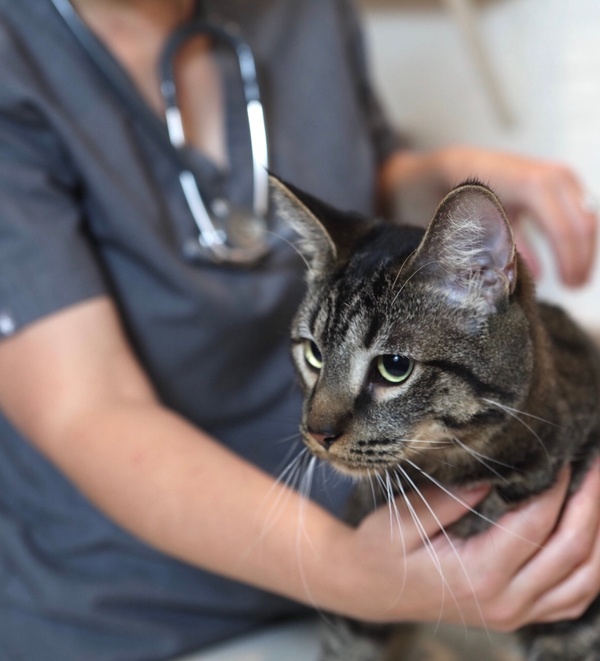
Anesthesia FAQ with Dr. Gaby Fadl
Just like in human medicine, the administration of anesthesia in veterinary practice is often necessary to perform various surgical interventions, from routine spaying and neutering to complex operations, with minimal pain and stress for the animals. We chatted with Dr. Fadl, Senior Director of Medical Programs, to answer your most burning questions about “going under” to help you understand our safety precautions.
Is my pet too young/old for anesthesia?
While age is certainly a factor, we’re focused on your pet’s overall health, specifically their liver and kidneys.
How long will my pet be asleep?
Anesthesia duration varies depending on the procedure — some procedures require x-rays, which are done while your pet is under anesthesia so they don’t move. Once the procedure is complete, the surgery team starts to wean your pet off the anesthesia, your pet will wake up within a few hours, and you can expect grogginess all evening.
Will anesthesia affect my pet long-term?
Anesthesia is generally safe, and should not have any long-term effects on your pet.
Is anesthesia dangerous?
As with any surgery, there are always risks. However, pre-op bloodwork, strong training, medical advances, and monitoring techniques ensure your pet is safe throughout their anesthetization.
Should my pet’s breed be considered when using anesthesia?
Breed-specific issues, specifically respiratory concerns, will be considered when our doctors evaluate your pet’s fitness for surgery.
Whether it's a routine procedure or a complex surgery, our experienced team is here to provide the highest level of care and expertise. Click the button below to learn more about the surgical services we offer, and rest assured that your furry friend will be in capable and compassionate hands throughout their journey to recovery.